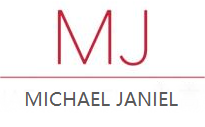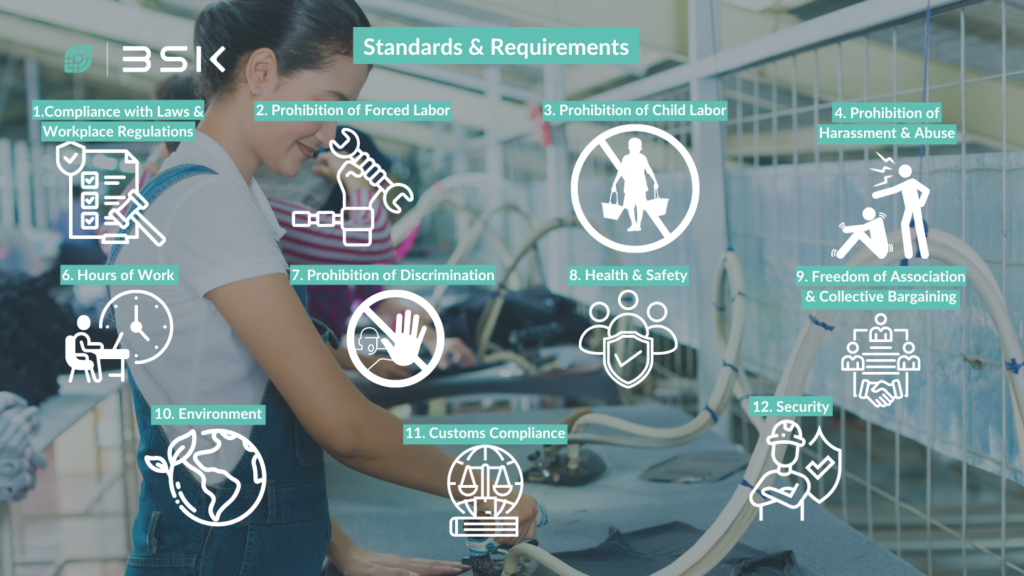New Trends in European Procurement: Legal Advantages and Business Value of Certified Apparel Manufacturers
Abstract
As EU regulations become increasingly stringent,Legal Advantages and Business Value of Certified Apparel Manufacturers European apparel manufacturers who choose to pass social responsibility audits (such as SMETA) and sustainable certifications (such as GOTS/GRS) have become the key to brand compliance and business competitiveness. This article analyzes how policies such as nearshoring, SMETA audits, and the German Supply Chain Due Diligence Act (SCDDA) reshape procurement strategies through 10 core arguments, and explores the role of ISO certification and supply chain transparency in reducing legal risks and improving operational efficiency. Taking FUSH˚ as an example,Legal Advantages and Business Value of Certified Apparel Manufacturers it explains how manufacturers that meet European standards can help brands cope with regulations, shorten delivery cycles, and strengthen consumer trust.
1. Nearshoring: Speed and reliability reshape the supply chain
Argument: Nearshoring in Europe significantly shortens delivery cycles and improves supply chain resilience. Argument:
- The average delivery time for European manufacturers is only 2-4 days, while it takes several months in Asia (McKinsey, 2023).
- 80% of European brands turn to nearshore sourcing due to the post-epidemic logistics crisis (EU Textile Report, 2024).
2. SMETA Audit: Legal Threshold for Social Responsibility
Argument: SMETA’s four pillars audit ensure that the supply chain complies with international labor standards. Argument:
- 4-pillar SMETA covers labor, health and safety, environment and business ethics, and requires 12 types of documents such as wastewater treatment contracts (Sedex, 2023).
- The German SCDDA Act requires companies to give priority to SMETA-certified suppliers (German Bundestag, 2023).
3. Mandatory compliance requirements of the German SCDDA Act
Argument: Supply chains that fail to pass human rights audits will face high fines. Argument:
- Starting in 2024, German companies will need to review 170 human rights indicators of suppliers, and fines for violations will be up to 2% of annual turnover (Article 22 of the SCDDA Regulation).
- Manufacturers such as FUSH˚ that have passed the SMETA audit can be directly included in the compliant supply chain (FUSH˚ Compliance Statement, 2024).
4. GOTS/GRS Certification: The Gold Standard for Sustainable Procurement
Argument: Environmental certification reduces brand ESG risks and enhances premium capabilities. Argument:
- GOTS certified products have a premium of 15-20%, and the demand for GRS certified recycled materials has increased 35% annually (Textile Exchange, 2023).
- The EU Digital Product Passport (DPP) will require the disclosure of material certification from 2025 (EU Directive 2023/2071).
5. ISO Certification: The Invisible Engine of Quality and Efficiency
Argument: ISO 9001 and 14001 optimize production processes and reduce waste. Argument:
- ISO 14001 certified companies reduce energy consumption by 18% and increase waste recycling rate by 40% (ISO Annual Report, 2023).
- 67% of European buyers use ISO certification as a hard threshold for suppliers (Deloitte Procurement Survey, 2023).
6. Supply Chain Transparency: From Obligation to Competitive Advantage
Argument: Full-chain traceability meets regulations and enhances consumer trust. Argument:
- The EU CSDDD Directive requires companies to disclose Tier 1-Tier 3 supplier lists (EU Parliament, 2024).
- A transparent supply chain using blockchain technology can increase customer conversion rates by 27% (BCG, 2023).
7. Fast Replenishment: Inventory Advantages of Nearshore Manufacturing
Argument: European manufacturers support agile supply chains and reduce the risk of unsalable goods. Argument:
- Nearshore replenishment cycle is only 7 days, while Asia takes more than 60 days (Bain & Co, 2023).
- Brands such as Zara achieve two-week new product launch through nearshore supply in Spain/Portugal (Harvard Business Review, 2022).
8. On-site inspection: a catalyst for trust and collaboration
Argument: Geographic proximity facilitates quality monitoring and joint R&D. Argument:
- Regular factory visits reduce product defect rates by 33% (MIT Supply Chain Research, 2023).
- FUSH˚ provides virtual reality factory inspection to shorten decision-making cycles (FUSH˚ customer case, 2024).
9. Cost optimization: making hidden risks explicit
Argument: Compliant suppliers reduce hidden costs such as fines and delays. Argument:
- Suppliers that fail to pass SMETA audits cause brands to incur 12% additional compliance costs on average (PwC, 2023).
- Nearshore procurement reduces 30% logistics tariffs (Eurostat, 2024).
10. Future trends: Regulations drive industry reshuffle
Argument: Non-certified suppliers will exit the mainstream market after 2025. Argument:
- The EU plans to replace 50% of textile materials with recycled/organic sources by 2030 (EU Green Deal, 2023).
- 90% of European buyers said they would terminate cooperation with non-SMETA/GOTS certified (Fashion Revolution, 2024).
Summary
Legal Advantages and Business Value of Certified Apparel Manufacturers Choosing European certified manufacturers is not only a necessary measure to deal with regulations such as SCDDA and CSDDD, but also a strategic choice to improve supply chain efficiency, reduce hidden costs and enhance brand value. Through SMETA audits, GOTS/GRS certifications and ISO standards, companies such as FUSH˚ are helping customers build a compliant, agile and transparent supply chain system. In the future, only procurement strategies that combine legal compliance with commercial benefits can continue to lead the EU market.
Keywords: Nearshore outsourcing,Legal Advantages and Business Value of Certified Apparel Manufacturers SMETA audits, SCDDA Act, GOTS certification, GRS certification, ISO standards, supply chain transparency, rapid replenishment, European procurement, FUSH˚

